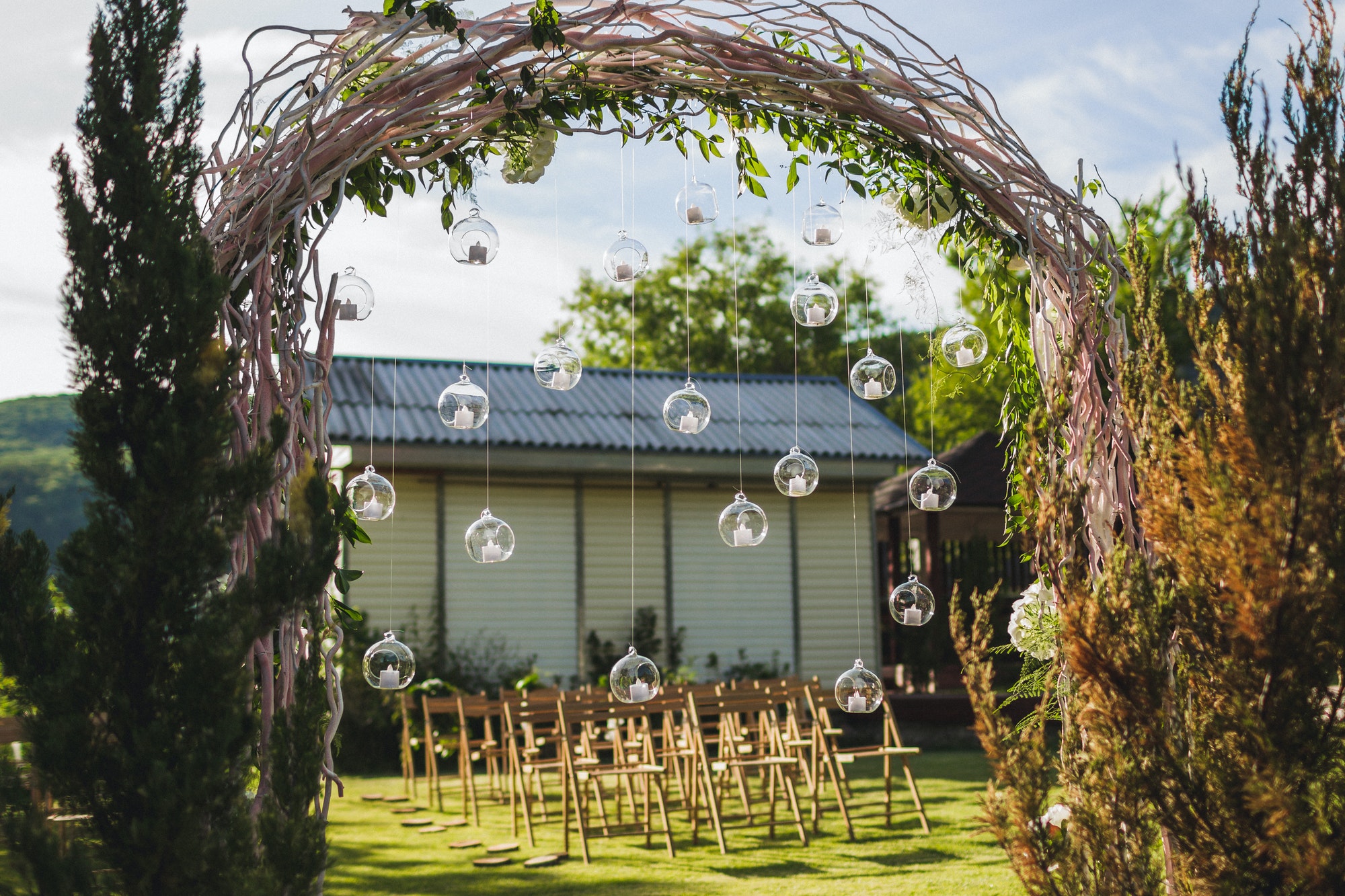Planning Your Garden
Whether you’re planting a vegetable garden in the backyard or just a few herbs, it’s important to choose the proper location for your plants. Small garden plots need to produce a high yield per row, while larger ones need a larger space but will produce throughout the growing season. Some crops, like broccoli, are less expensive in the grocery store, but they require more space and need a large growing area. To maximize your growing area, consider building raised beds to prevent soil compaction and to concentrate compost. Raised beds should be eight to twelve inches tall and no wider than you can easily reach.
When designing your garden, plan your layout so that you can see it from many points. Observe the shade movement and the amount of light your garden receives. Sketch your garden space on graph paper. There are also software applications to help you plan your garden. Mark the shady areas with lines, and note existing features. Plant tall, low, or both at different levels to maximize the contrast between plants and other landscape elements. Then, place the various features you want to highlight in your garden along the paths.
Plants need to receive water regularly. In the spring, you should water your plants before they wilt and remove weeds before they go to seed. In the summer, you should pay extra attention to watering your garden. If you notice that your plants have yellow or deformed leaves, cut them off and replace them with new ones. If your plants have become overgrown, consider staking them to allow more light in. You may want to prune tall plants to provide additional support, especially during dry seasons.
In addition to being more sustainable, gardening helps you save money. Food that you grow yourself could save you a lot of money. Many fruits and vegetables are not organic, but growing your own food could give you an edge over the grocery store. And the fact that organic produce is healthier than conventionally grown ones is yet another plus. This means that the vegetables you grow yourself are much healthier for you and your family. It’s definitely worth the effort! It’s also an excellent teaching tool for children.
The word “garden” is actually a synonym for a zoological garden. A zoological garden was a place where animals were kept. In addition, zoological gardens are a great place for children to learn about different animals. You can also find zoological gardens in kindergartens. These gardens are especially beneficial for the ecosystem. You should consider planting native plants whenever you can. So, get gardening! And don’t forget to share this knowledge with your children.
Not only does gardening help you get the fresh air that you need, but it also increases your vitamin D levels. Vitamin D is essential for your teeth, bones, and muscles. Gardening is also a low-impact workout, so you can enjoy a long-term hobby that you’ll love for years to come. And it doesn’t matter if you can’t have a garden to maintain in your backyard, there’s no reason not to grow at least one indoor plant.
